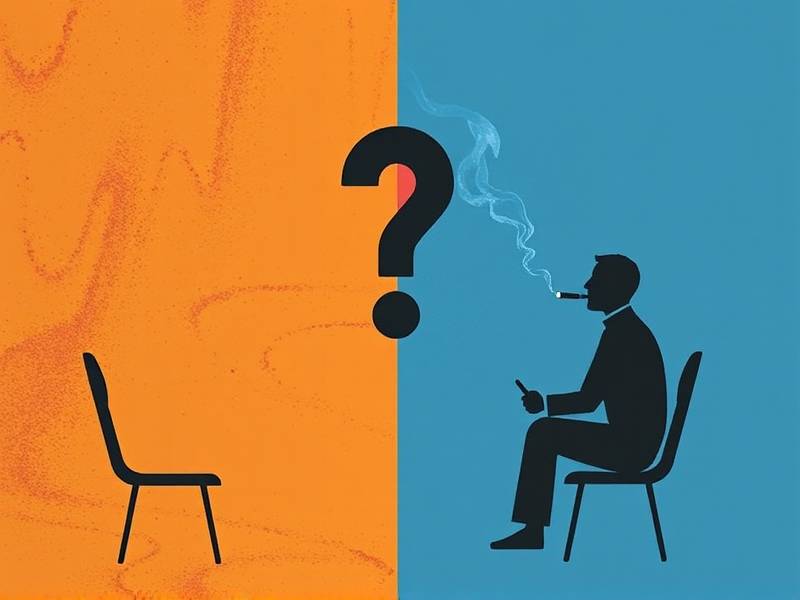Is It Harder to Quit Smoking or Opiates? A Debate on the Challenges of Addiction
Is It Harder to Quit Smoking or Opiates? A Debate on the Challenges of Addiction
Introduction: The debate over whether it is harder to quit smoking or opiate addiction has been a topic of great interest among researchers, healthcare professionals, and individuals struggling with these habits. Both smoking and opiate addiction pose significant health risks and can have devastating consequences if not addressed. This article aims to explore the challenges associated with quitting smoking and opiate addiction, providing insights into why some may find one more difficult than the other.
Section 1: Understanding the Nature of Smoking Addiction Subsection 1.1: The Physical and Psychological Effects of Smoking Smoking is a well-known cause of numerous health issues, including lung cancer, heart disease, and respiratory conditions. The physical withdrawal symptoms from quitting smoking can be quite challenging, with symptoms like cravings, irritability, and headaches being common. However, the psychological aspect of smoking addiction often plays a more significant role in maintaining the habit.

Subsection 1.2: Social and Environmental Influences on Smoking Social factors such as peer pressure and environmental cues can contribute to the difficulty of quitting smoking. Many smokers find themselves in situations where they are surrounded by others who smoke or are exposed to triggers that make it harder to resist the urge to smoke.
Section 2: Examining Opiate Addiction Challenges Subsection 2.1: The Physical and Psychological Effects of Opiate Abuse Opiate addiction is characterized by its potent physical and psychological effects. Withdrawal from opiates can be extremely painful and uncomfortable, leading individuals to continue using in order to alleviate their symptoms.
Subsection 2.2: The Role of Medical Prescriptions in Opiate Addiction The increasing availability of prescription opioids has contributed to the rise in opiate addiction cases. Many individuals become addicted after initially using these medications for legitimate medical reasons, making it even more challenging to quit.
Section 3: Comparing Quitting Smoking vs. Opiates Subsection 3.1: Withdrawal Symptoms While both smoking and opiate withdrawal can be severe, opiate withdrawal is generally considered more intense due to its physical pain component.
Subsection 3.2: Psychological Factors The psychological aspects of addiction also play a crucial role in determining which habit is harder to quit. For many smokers, breaking free from social cues may be more challenging than dealing with physical withdrawal symptoms.
Conclusion: Determining whether it is harder to quit smoking or opiate addiction ultimately depends on individual experiences and circumstances. While both habits present unique challenges, understanding the underlying factors contributing to each addiction can help individuals seeking recovery navigate their path towards a healthier life. It is essential for those struggling with these addictions to seek professional support from healthcare providers specializing in substance abuse treatment for tailored guidance and assistance throughout their journey towards quitting.

